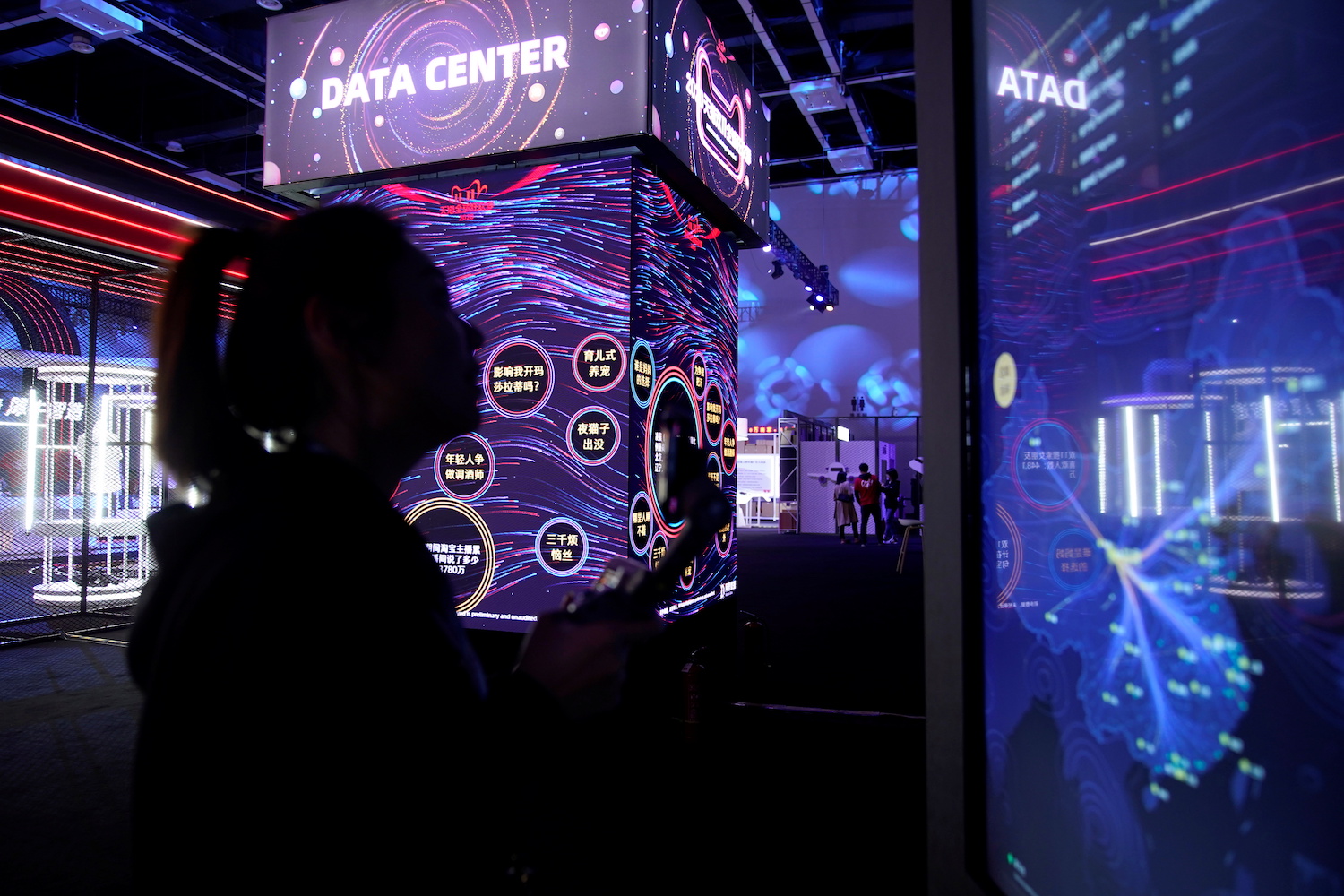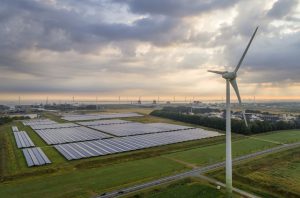(ATF) As reported recently by ATF, China plans to upgrade hundreds of ‘new’ cities – over 600 urban or semi-urban centres currently classed as towns or counties. These will all become digital ‘smart’ cities, so what can we expect and what kind of business impacts will there be?
In a forum held recently in China, representatives from the government, academia, and business circles focused on the “wisdom” of urban construction. In much the same way as Lego or a world-building computer games, China is formulating its ‘smart city’ blueprint, which will be reproduced cookie-cutter style across the vast country.
As leaders are centralising control of the build-out of China’s new era, a lot of homogeneous features are expected – such as high-speed internet, with better access to state services, including perhaps even ‘smart’ security based on artificial intelligence.
Could this be the beginning of an ultra-modern state, such as that which featured in Ridley Scott’s sci-fi classic Blade Runner? It’s too early to tell, but things may be moving in that direction.
However, what is happening harks back to long ago. As in ancient times, when each new Emperor would decree a new building style, we now will see this repeating with the construction of ‘smart city’ infrastructure.
At the forum held on April 13, Xu Guozhen, deputy head of the People’s Government of Mawei District in Fuzhou City in Fujian Province, gave a review of the Fuzhou Development Zone. He hopes China can create a bright future through the development of “smart cities”.
Two professors – Prof Wang Cheng, deputy dean and doctoral supervisor of the School of Information at Xiamen University, and Prof Yu Zhiyong, a doctoral supervisor of the School of Mathematics and Computer Science at Fuzhou University – said the construction of “smart cities” has become a basic unit for a digital China.
Some insiders also noted that the demand for refined urban management is bound to increase rapidly, and many leading property management companies have begun to work on an urban services track to explore the logic and path of “smart” property development.
“Promoting the construction of new digital cities and digital innovation has become an important strategy for reshaping new advantages in urban development and building a new urban ecology,” Xu Hui, a representative of the forum’s organizer and president of Sunshine City Property and Commercial.
Internet, state services and ‘smart’ security
The three development trends of technological innovation and application management have created new opportunities for a further stage of development in the property service industry.
In Xu Hui’s view, companies can combine their own advantages to empower people at the grassroots level, assist in decision-making, and provide data and “intelligent” applications for city management. For example, she said, Sunshine City Property has done developments in more than 100 cities in more than 20 provinces, where artificial intelligence empowers “smart” and safe integration with the government’s “smart cities” plan. Sunshine City’s self-developed “smart” property management service platform is based on artificial intelligence. The key is its retrospective upgrade of traditional security to “smart” security.
At this forum, participants also emphasized that it is necessary not only to promote the extension of “Internet + government services” to various areas of urban management, but also to integrate the resources of industrial chain partners and actively create a “symbiotic platform.”
During this period, a series of strategic cooperation signings reflects that all parties have jointly carried out comprehensive cooperation in many fields such as “smart” communities, “smart” campuses, and “smart” city operations and management.
“We will take into account both technology-driven and service-driven, adhere to the implementation from macro-design to micro-scenarios, and continue to invest in the integration of multiple formats and the integration of resources,” Xu Hui said.
“Symbiosis platform” means a gradual expansion of the original residential community services connected to the city’s operational service system, plus joining with partners to participate in a comprehensive management services of urban public construction, hospitals, schools, commercial complexes, and strive to become a reliable new property service platform to achieve “all people’s joint construction, all people’s sharing”, which is the vision of these new cities.
People at the forum said that the spatial structure of economic development is undergoing profound changes, and the process of creating a “people-oriented new urbanization” is continuing to advance.
























